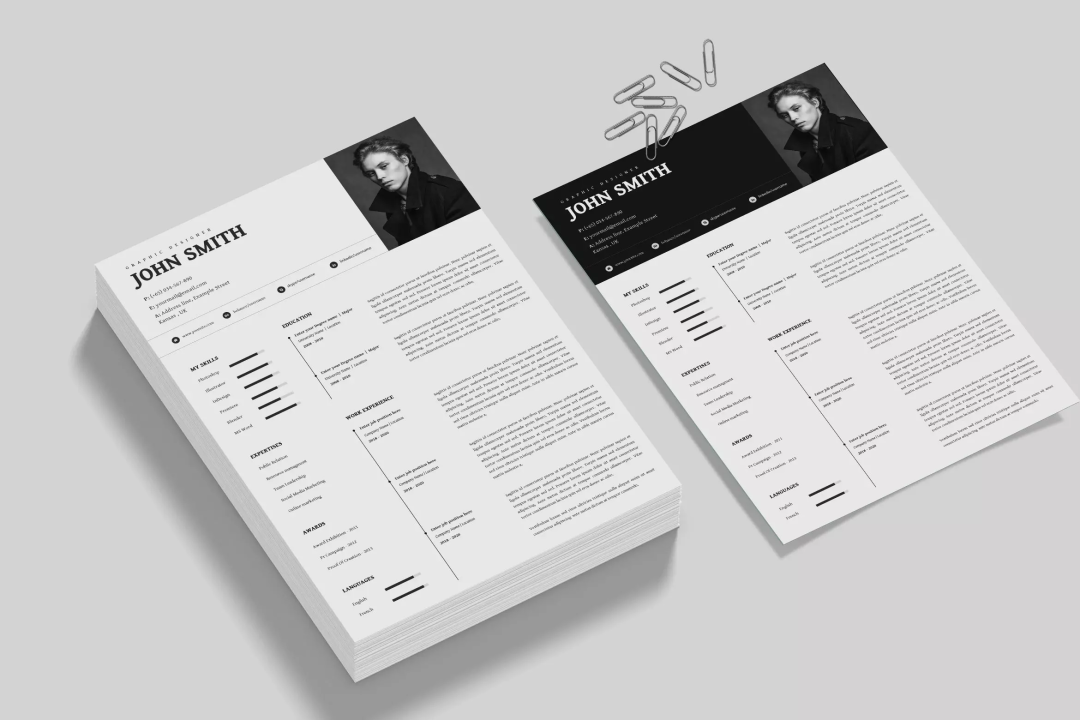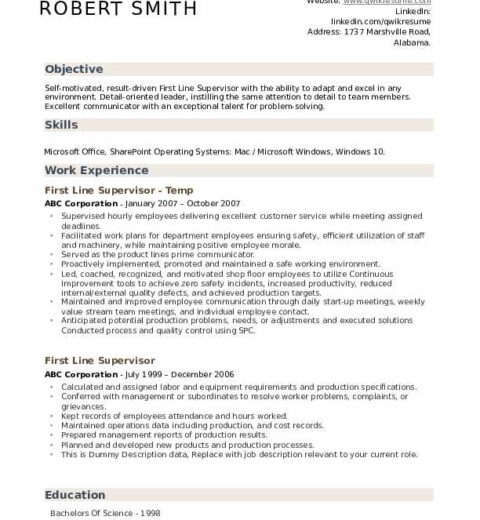In the competitive landscape of job hunting, where countless resumes vie for attention, how does one craft a summary that not only captures attention but also fosters intrigue? Imagine you are the hiring manager sifting through a multitude of applications. What specifically would compel you to stop at one resume and delve deeper? This question is paramount when considering the significance of the resume summary.
A resume summary serves as the introductory pitch of your professional narrative, a concise encapsulation of your qualifications, experiences, and aspirations. It is an opportunity to convey your unique value proposition in a manner that is both engaging and succinct. However, the challenge lies in transforming an otherwise bland overview into a compelling testament to your career journey. So, what elements contribute to a standout resume summary?
Understanding the Audience
The first step in crafting a captivating resume summary is understanding the audience. Tailoring your message to align with the expectations and needs of the hiring manager is key. Consider the industry norms, the specific role you are targeting, and the company culture. What qualities are they seeking? A. proficient understanding of technical skills? Or perhaps a demonstrated ability to lead and inspire a team? Identifying these nuances can set the tone for your summary.
Formulating a Hook
With a clear understanding of your audience in mind, it is crucial to compose a hook that piques interest. The initial sentence must captivate readers immediately. Rather than commencing with clichéd phrases such as “results-driven professional,” why not adopt a narrative approach? For instance, “With over ten years steering high-performing marketing teams towards transformative campaigns that have doubled revenue, I thrive in environments that challenge convention.” This not only showcases your experience but also sparks curiosity about your professional journey.
Utilizing Metrics and Achievements
Another vital component of an effective resume summary is the incorporation of quantifiable achievements. Numbers are persuasive; they convey the impact of your contributions. Instead of merely stating you have experience in project management, illustrate your success with a specific example: “Successfully led a cross-functional team on a 12-month project that reduced costs by 30% while improving delivery timelines by 25%.” This form of specificity not only validates your claims but also provides concrete evidence of your capabilities.
Emphasizing Soft Skills
While technical expertise is essential, soft skills differentiate exceptional candidates from the rest. By weaving in attributes such as adaptability, communication, and empathy, your summary reflects a well-rounded professional. For example: “Adept at distilling complex concepts into actionable insights, I leverage my collaborative spirit to forge strong alliances across diverse teams.” This articulates a personal ethos and compatibility with team dynamics, enhancing your appeal to potential employers.
Incorporating Future Aspirations
In addition to summarizing past accomplishments, an effective summary delineates your future aspirations. This forward-thinking approach communicates ambition and a desire for growth. Rather than strictly focusing on past experiences, articulate how you envision your next career step complementing your skills and the objectives of the organization. An example could be: “Eager to leverage my strategic thinking and innovative approach to contribute to an organization committed to sustainability.” This provides insight into your alignment with the company’s mission, setting the stage for a deeper discussion during the interview.
Creating a Cohesive Narrative
When constructing your resume summary, coherence is vital. Each sentence should contribute to a larger narrative that paints a holistic picture of who you are as a professional. Avoid the temptation to cram every detail into this section; instead, focus on curating the most impactful elements of your career. Conciseness breeds clarity, making it easier for the reader to grasp your unique selling points swiftly.
Maintaining Professional Tone
While a playful tone can engage readers, balance is essential. The objective is to maintain professionalism while expressing individuality. Avoid overtly casual language, yet feel free to inject personality through your writing style. Perhaps use vivid verbs or descriptive language that reflects your enthusiasm and passion for the field.
Revising for Perfection
No masterpiece is created in a single draft. Revising your resume summary is crucial for refining clarity and impact. Solicit feedback from peers or mentors who can provide objective critiques. Often, what resonates with one person may differ from another’s perspective. By incorporating feedback, you can enhance the summary’s effectiveness, ensuring that it speaks to a broader audience.
Conclusion: The Challenge of Originality
In conclusion, the art of penning a compelling resume summary is both a challenge and an opportunity. By understanding your audience, crafting engaging hooks, emphasizing both hard and soft skills, and weaving future aspirations into a cohesive narrative, you can position yourself as a standout candidate in a crowded job market. The ultimate goal is not just to achieve attention but to establish a connection that fosters a narrative enticing enough for hiring managers to explore further. With the right balance of creativity and professionalism, your resume summary can transform from a mere formality into a compelling call to action. What will you do to ensure your resume summary leaves a memorable impression?




